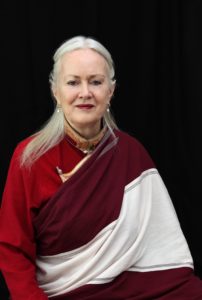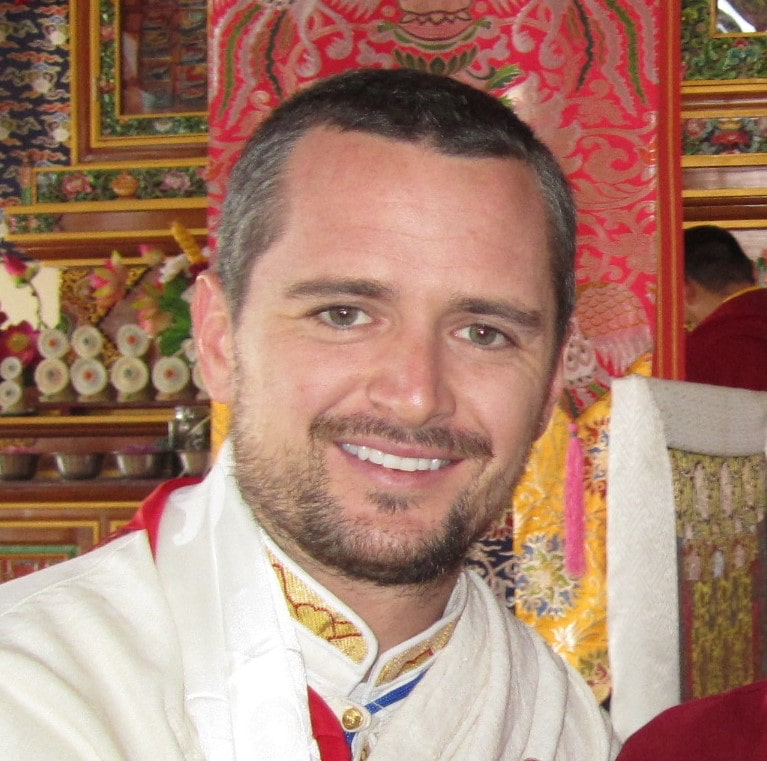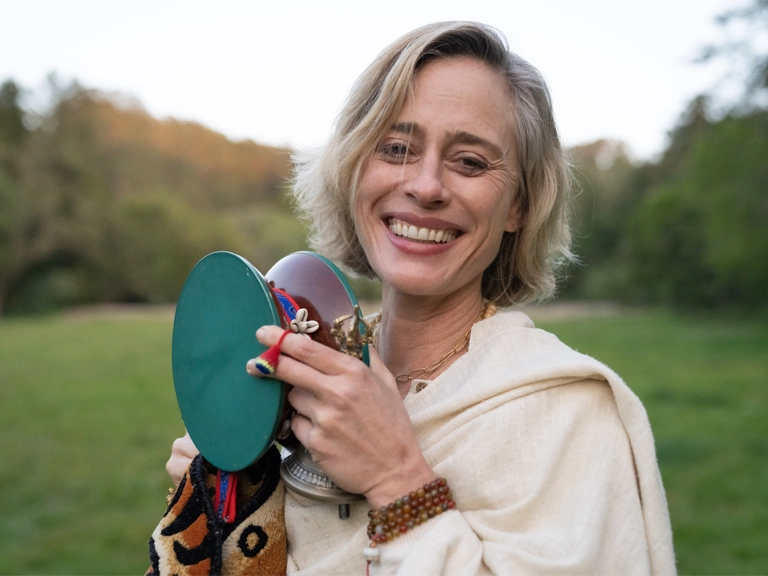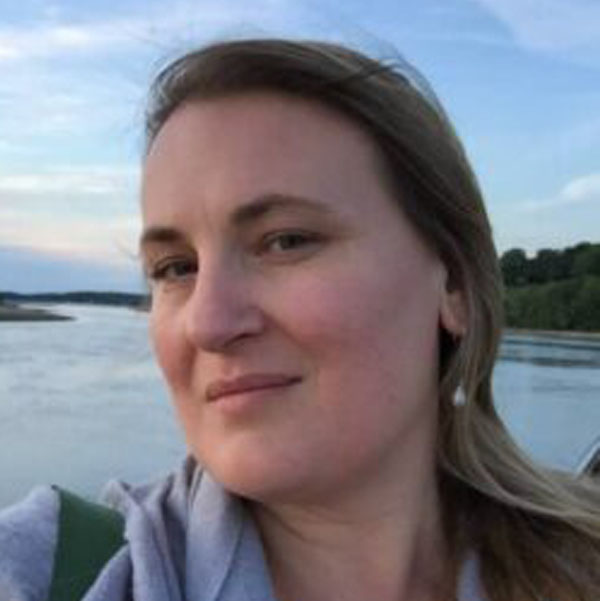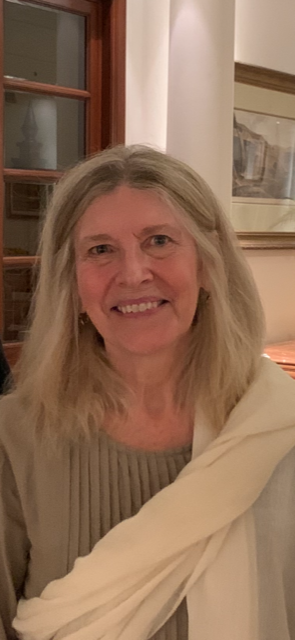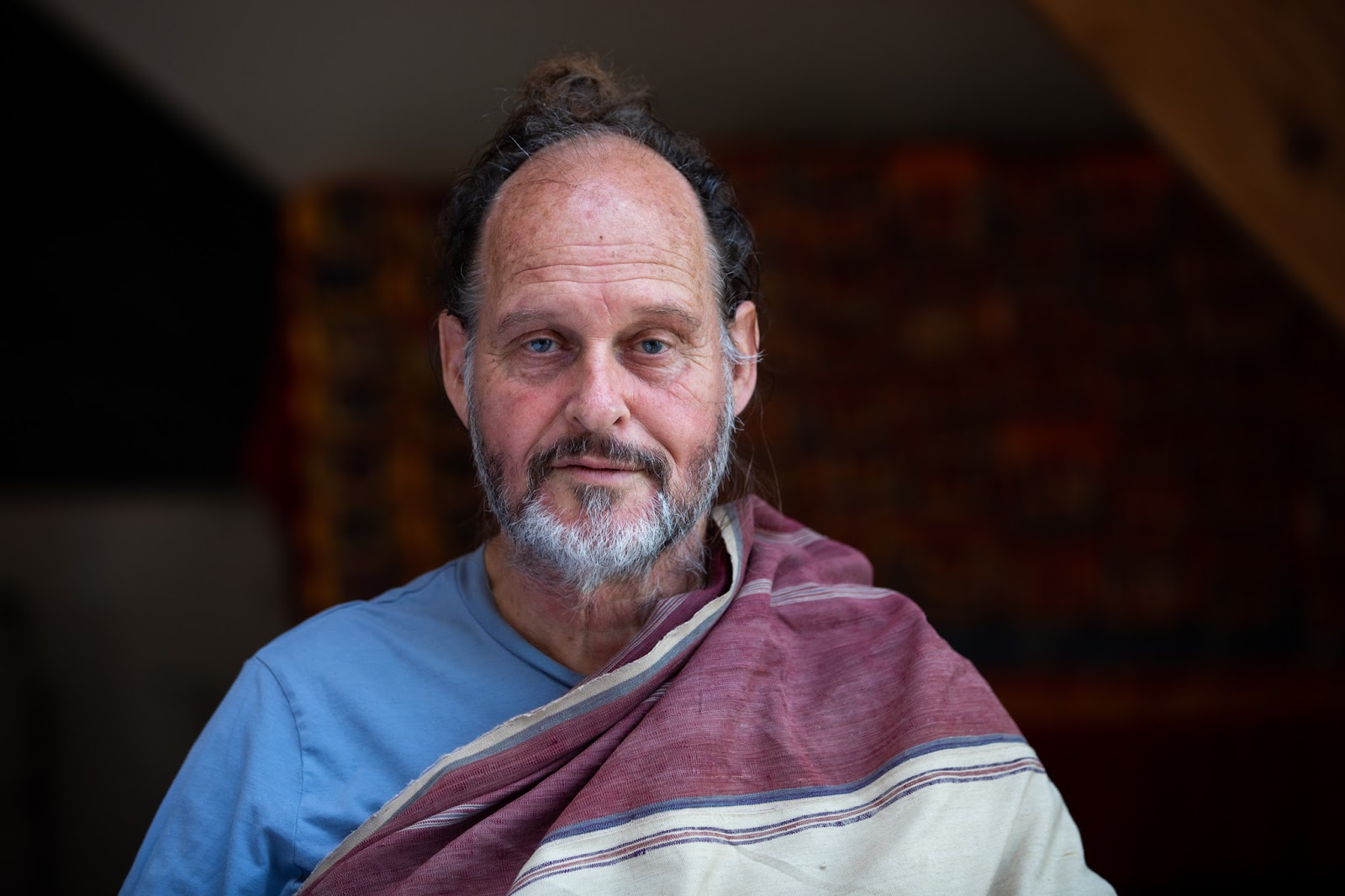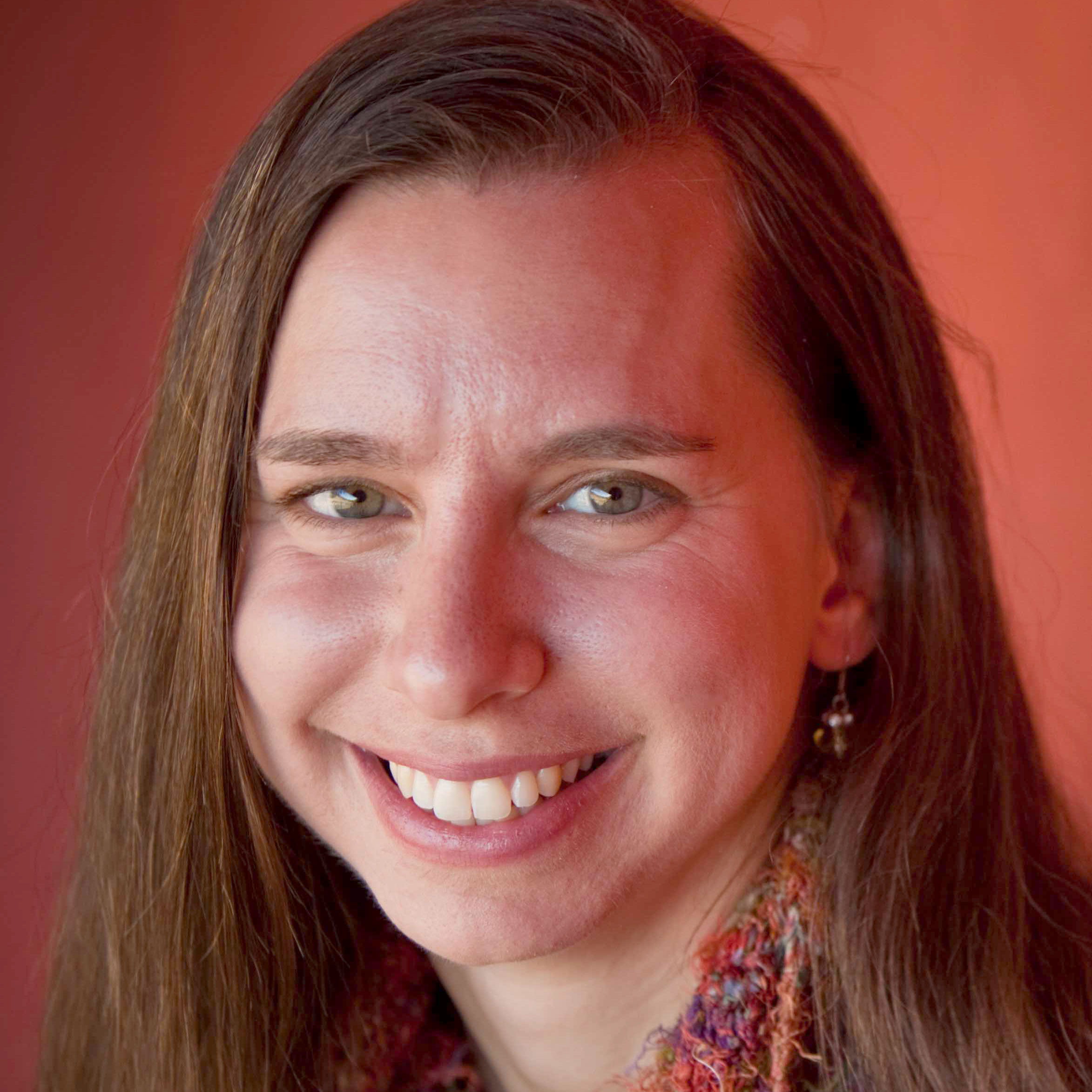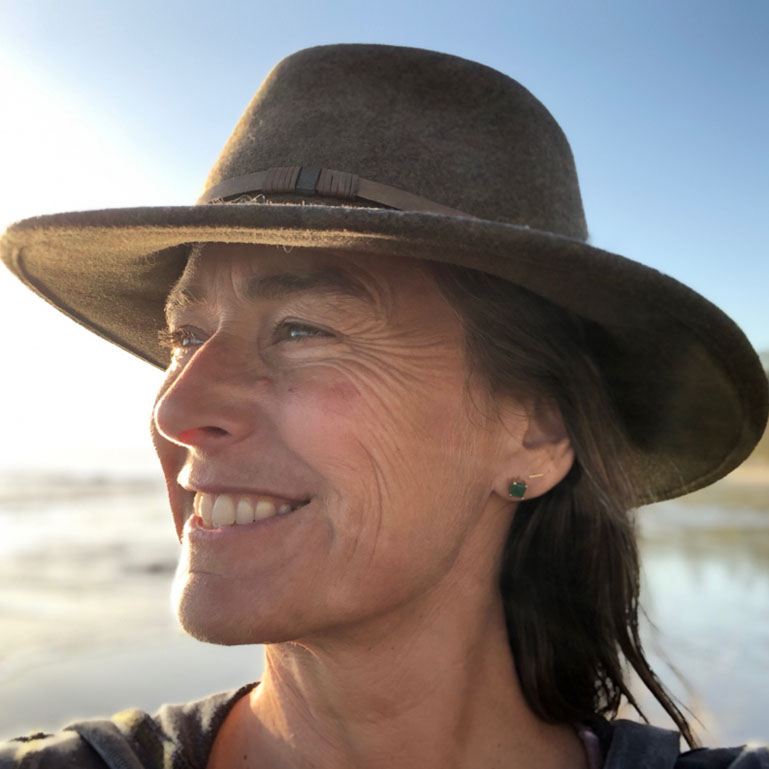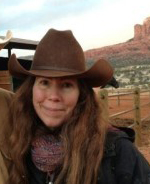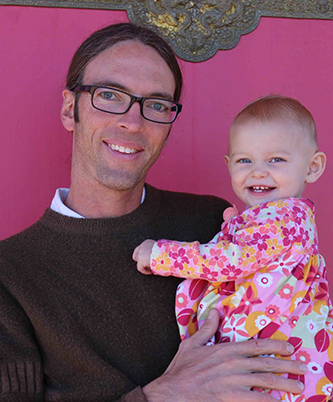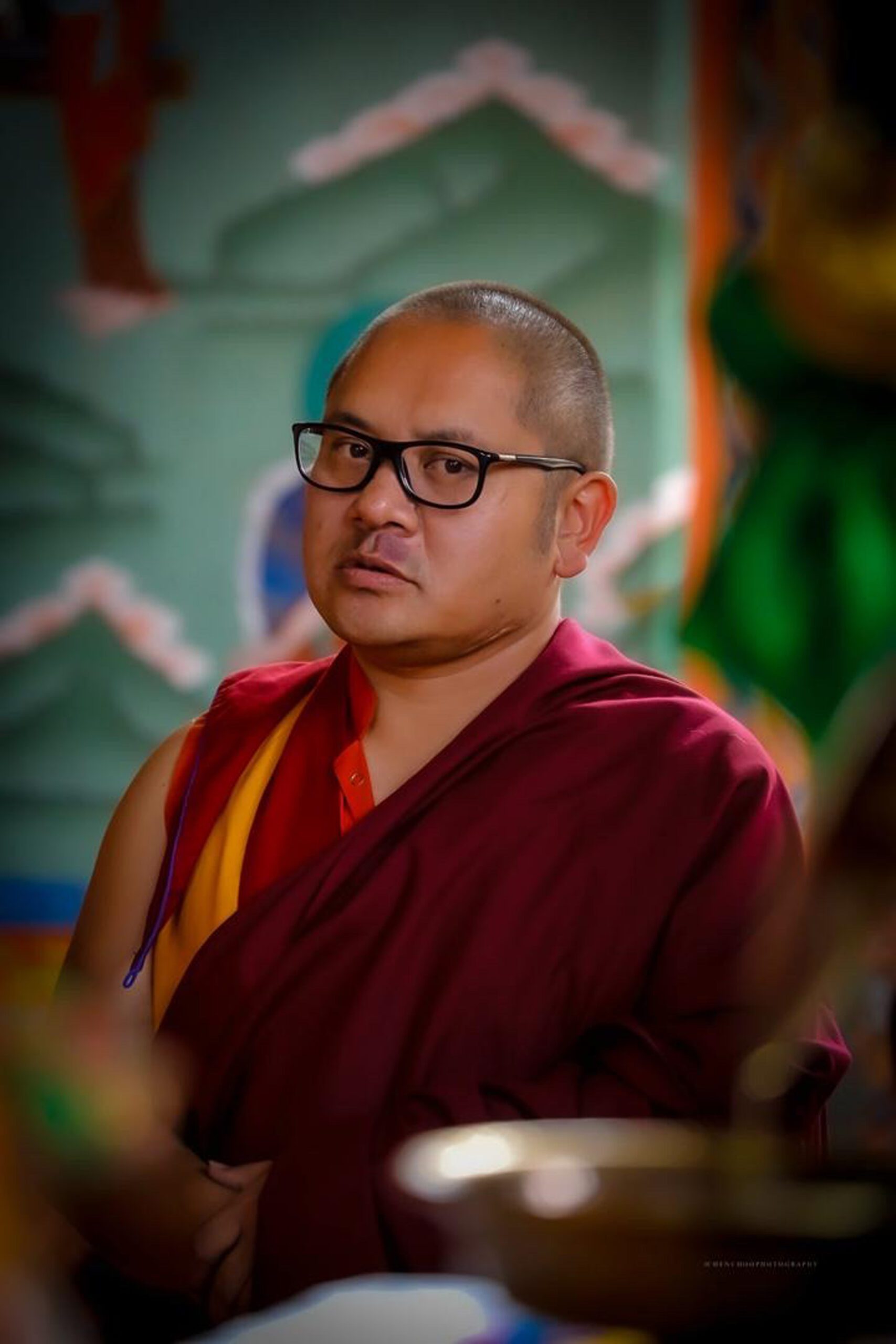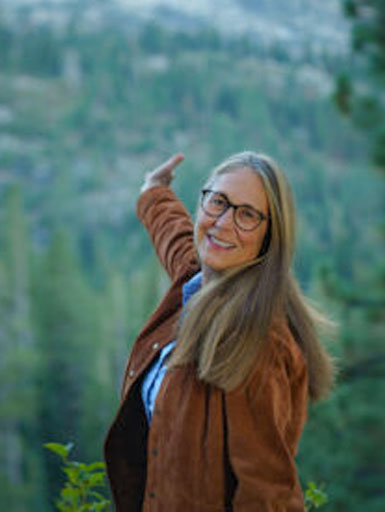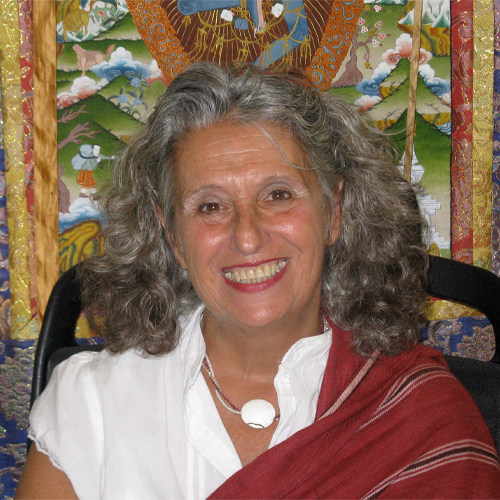Explore our diverse offerings — from in-person retreats and online programs to day-long dharma events, self-paced courses, and long-term study paths — and discover the next step on your path to awakening.
UPCOMING RETREATS

The Heart of Buddhism: A Year Long Buddhist Studies Program
Explore the history, core teachings and practices that guide Buddhist practitioners in the Tibetan tradition in waking up to their true nature of innate compassion and wisdom. Each five-week course builds upon the previous while standing alone as a complete teaching, and may be taken individually.

Dzinpa Rangdröl Ngöndro Practice Retreat ONLINE
The Gateway Dragons will gather to deepen their understanding of the preliminary practices. By invitation only.

The Ösel Nyingtig Gathering
Tara Mandala warmly invites all students in the Ösel Nyingtig Lineage who have received the Tröma Nagmo Empowerment to join this special annual retreat. This year’s gathering will be dedicated to Tröma Nagmo’s profound practices, offering a deep immersion into her Secret Mandala.

The Magyu Gathering
A gathering of Chöd practitioners from both the Magyu and Ösel Nyingtig lineage streams are coming together for a historic retreat on the land of Tara Mandala in the summer of 2025. Join us in community and immerse yourself in the profound teachings of Machig Labdrön and the powerful, resounding melodies of Chöd.

The Family Retreat
Join Tara Mandala on the land as we celebrate the return of the Family Retreat, offered for the first time since 2019.

P’howa: Transfer of Consciousness
P’howa transforms death into an opportunity for liberation rather than it being merely a severance from what we have known and loved in life. One form of P’howa supports our own transition; another form allows us to support other persons who are dying.

Tsigdön Dzö: Dzogchen Wisdom Teachings Part IV
Tara Mandala is deeply honored to announce the continuation of online teachings on the Tsigdön Dzö, “Precious Treasury of Genuine Meaning,” one of the “Seven Treasures” of Longchenpa with the Venerable Adzom Gyalse Rinpoche. Tsigdön Dzö is considered one of the most precise explanations of the instructions on Dzogchen. This is part IV of the series.

Kyed-Pa Zhi: Increasing The Four Life Forces
The four major forces in our lives (‘sog,’ ‘lu,’ ‘wang-tang,’ and ‘lung-ta’) continually fluctuate, setting us up for either an enriching, vibrant and successful life, or one of obstacles and frustration. The Kyed-Pa Zhi offers a wealth of practical methods for working with these forces and how to maximize their potential.

Dudjom Lingpa Nang Jang Teachings
Dungse Jigme Wangdrak Rinpoche will offer the precious empowerment and teachings on Dudjom Lingpa’s Nang Jang, a visionary text on the refinement of perception and a cornerstone of the Dzogchen tradition.

Kapala IV
In Kapala Training Level IV, you will receive Machig’s Ultimate Meaning from Lama Tsultrim, as well as the Crystal and the Rainbow Rays Movement Practice and “Five Elements” Practice.

Sacred View, Sacred World
Course Four of “The Heart of Buddhism: A Year Long Buddhist Studies Program.” Experience the transformative power of Vajrayana Buddhism, the “diamond vehicle,” in which the sacred feminine and householder tradition illuminate a revolutionary path that transforms every experience into an opportunity for awakening.

Feeding Your Demons® Level I (Kapala I)
Feeding Your Demons® is a revolutionary approach fusing ancient Tibetan wisdom and modern psychology. In Feeding Your Demons Level I, you will learn this potent, life-changing method, creating meaningful transformation in a world that is ripe for profound healing. FYD Level I is offered in Buddhist (Kapala) and Secular Tracks.

Seasonal Teacher Seminars: Summer Session
These half-day seminars are designed to facilitate communication and connection between Lama Tsultrim and her lineage holders and teachers as well as to provide on-going training, inspiration and support for Lopöns, Chögés, and Apprentice Teachers.

Feeding Your Demons® Level II (Kapala II)
Feeding Your Demons® is a revolutionary approach fusing ancient Tibetan wisdom and modern psychology. Deepen your training and knowledge of FYD in Level II. Completion of FYD Level I and related prerequisites are required. FYD Level II is offered in Buddhist (Kapala) and Secular Tracks. Secular Track starts 9/20/25.

Tröma Chöd with Empowerment
Learn the ultimate Chöd practice of Tröma Nagmo and receive the Tröma empowerment in Switzerland. Tröma is the wrathful, blue-black Dakini, also known as the “Self-Liberation of Ego Clinging.” This Chöd practice from the Ösel Nyingtig lineage was revealed as a mind treasure (terma) by A.dzom Paylo Rinpoche at Tara Mandala.

Green Tara Empowerment
Drawing from the profound lineage of the Treasury of Secret Vajra Luminosity (Ösel Dorje Sang Dzod), this concise Green Tara practice comes from the Dharma treasures (terma) of Adzom Drukpa, Drodul Pawo Dorje (1842–1924). This immersive retreat, which takes place in Germany, offers a direct path to connecting with Green Tara’s luminous wisdom and fearless compassion.

Mandala Method: Certification Capstone
This is a closed retreat only for participants in the Fall 2025 cohort of the Mandala Method Certification Program.

Buddha Mandala: Exploring Sacred Masculinity
Buddhism sees enlightened masculinity as the ability to practice wise compassion. This module of the Mandala Method’s Journey of Transformation, the Mandala of the Five Buddhas, is for those who wish to cultivate a sacred and wise masculinity.

Longchenpa’s 7 Mind Trainings
Longchenpa’s synthesis of the Seven Mind Trainings uniquely integrates both the foundational mind trainings of the Buddhist tradition and the profound, non-conceptual practices of Vajrayana Buddhism into a concise series of instructions. These teachings offer an accessible yet profound path for practitioners at all levels.

Embodying the Innate Wisdom and Compassion of the Twenty One Taras
In this immersive and transformative program, Lopön Chandra offers a lens through which we can understand and integrate the contemporary context of the 21 Taras through inspiring stories, study, and practice. Explore the symbolic meaning, power, and purpose of the 21 Taras through teachings, embodied meditation, and mantra.

Tröma Drubchö & Continuing Tröma’s Secret Instructions
This year’s Ösel Nyingtig retreat in Germany is offering a deep immersion into Tröma Nagmo‘s Secret Mandala. It is a unique opportunity to deepen your connection with the wisdom of the enlightened feminine, with a strong emphasis on personal practice and private interviews with Tulku Ösel Dorje.

Mandala Method: Journey into the Mandala of the Sacred Masculine
Buddhism views the enlightened masculine as the capacity to act skillfully and with compassion. Learn the Mandala of the Five Buddhas, a practice that aligns sound, visualization, and meditation, providing an inner map and skillful means to transform challenging emotions into liberated wisdom.

The Great Perfection
Course Five of “The Heart of Buddhism: A Year Long Buddhist Studies Program.” Dzogchen (the “Great Perfection”) and Mahamudra (the “Great Seal”) are considered the highest teachings of the Tibetan Buddhist tradition. Discover how these teachings offer a direct path to realizing the mind’s innate clarity, and a training ground for abiding in wakefulness.

Machig’s Last Instructions
Join Lama Tsultrim Allione as she teaches Machig’s Last Instructions and the Nature of Mind. This retreat will be taught in Prague, Czech Republic.

Simhamukha: The Lion-Headed Dakini
Join us for two retreat weekends as we take an immersive journey through the transmission, teachings, and practice of Simhamukha: The Lion-Headed Dakini and Lama Tsultrim’s personal transformation work within the mandala.

Yeshe Tsogyal Sadhana
Tara Mandala invites you to join the Ösel Nyingtig as we continue to unfurl the excellent path of awakening through the means of accomplishing Yeshe Tsogyal’s Glorious Treasure of Great Bliss. Through this method for Accomplishing White Tsogyal one can become inseparable with Yeshe Tsogyal’s enlightened Body, Speech, and Mind.

Seasonal Teacher Seminars: Autumn Session
These half-day seminars are designed to facilitate communication and connection between Lama Tsultrim and her lineage holders and teachers as well as to provide on-going training, inspiration and support for Lopöns, Chögés, and Apprentice Teachers.

Dakini Ngöndro: The Excellent Path of Great Bliss
All are invited to learn the profound Dakini Ngöndro from A.dzom Rinpoche’s Ösel Nyingtig terma cycle. This ngӧndro is a collection of practices that condense the Buddhist path into a skillful method for actualizing one’s primordial wisdom and culminate in a practice of Guru Yoga centering on the enlightened feminine.

Yab-Yum Mandala: The Sacred Union of the Feminine and Masculine
The Yab-Yum mandala explores a connection that transcends gender identity and allows us to experience non-duality, the divine union of the masculine and feminine that each of us carries within us. This retreat is offered as part of the Mandala Method – Journey of Transformation.
